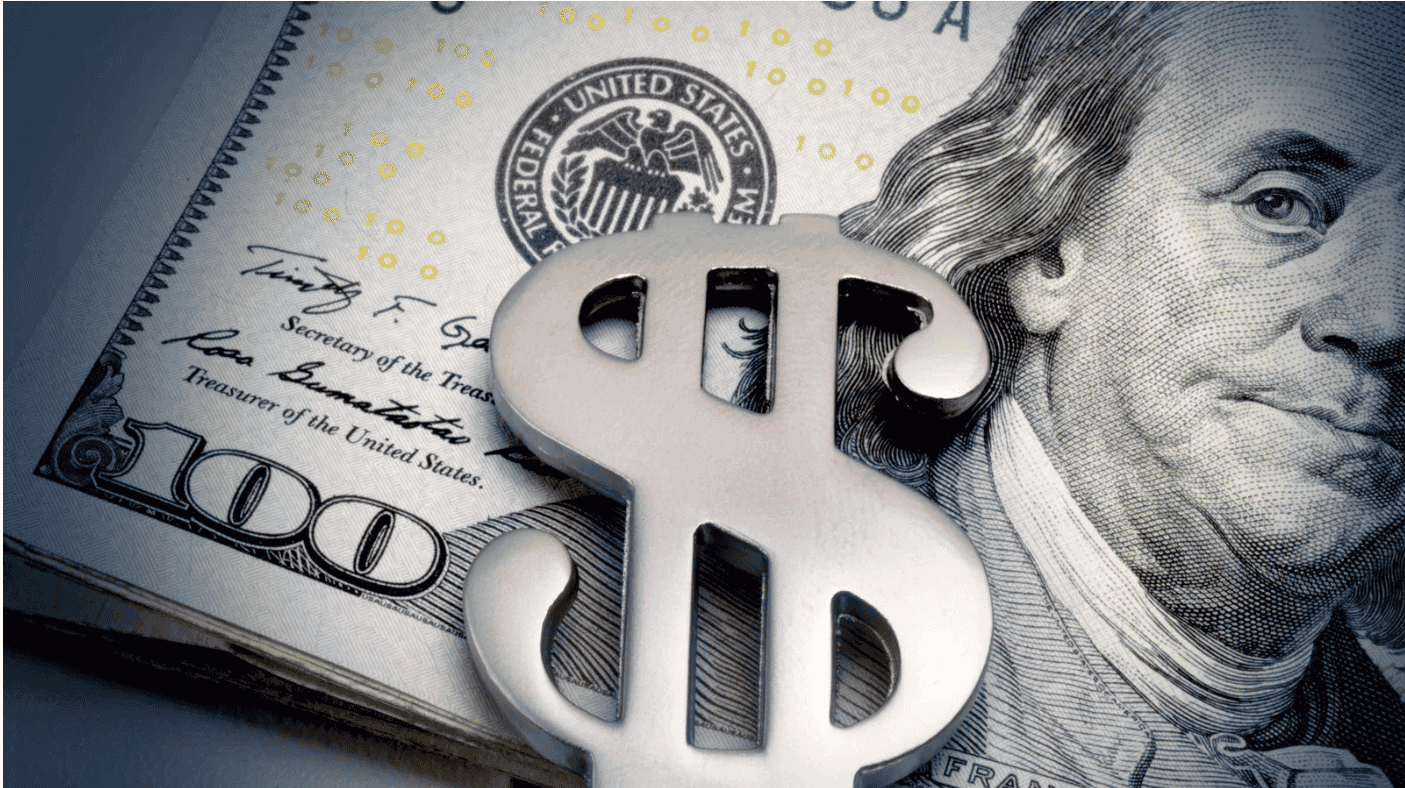Weaker-than-expected U.S. economic reports for August’s personal spending and September’s MNI Chicago PMI weighed heavily on the dollar.

Lower Bond Yields had a significant impact on the dollar index (DXY00) on Friday, causing it to drop by -0.06%
Additionally, dovish U.S. inflation data pushed T-note yields down, further pressing on the dollar after the August PCE core deflator showed the slowest increase in two years. The day’s economic news continued to favor lower bond yields, as August’s personal spending rose only +0.4% m/m, falling short of the anticipated +0.5% m/m. The September MNI Chicago PMI also disappointed, falling by -4.6 to 44.1, below expectations of 47.6. Moreover, the August PCE core deflator eased to +3.9% y/y from July’s +4.3% y/y, aligning with projections and marking the slowest pace in two years, signaling a dovish approach to Fed policy in lower bond yields.
The University of Michigan U.S. consumer sentiment, however, saw a positive revision, climbing by +0.4 to 68.1, surpassing the anticipated 67.7, providing a glimmer of positivity amid the lower bond yields trend.
The day’s hawkish commentary from New York Fed President Williams supported the dollar momentarily, stating that the federal funds rate might remain restrictive for an extended period of lower bond yields
Nevertheless, EUR/USD (^EURUSD) managed to rise by +0.06% as the dollar weakened. Euro gains were limited by Eurozone September consumer prices, which rose less than expected, and unexpectedly poor German August retail sales, both dovish factors for ECB policy. ECB Governing Council member Kazaks also weighed in, stating that interest rates might remain steady for an extended period.
Eurozone September CPI eased to +4.3% y/y, better than the anticipated +4.5% y/y, marking the slowest increase in nearly two years. Additionally, September core CPI eased to +4.5% y/y, surpassing the expected +4.8% y/y, signaling the slowest pace of increase in 13 months.
Unexpectedly, German August retail sales fell by -1.2% m/m, missing the projected +0.5% m/m increase, marking the largest lower bond yields decline in eight months.
READ ALSO: Optimizing Retirement: When To Consider Claiming Social Security For Maximum Benefits




